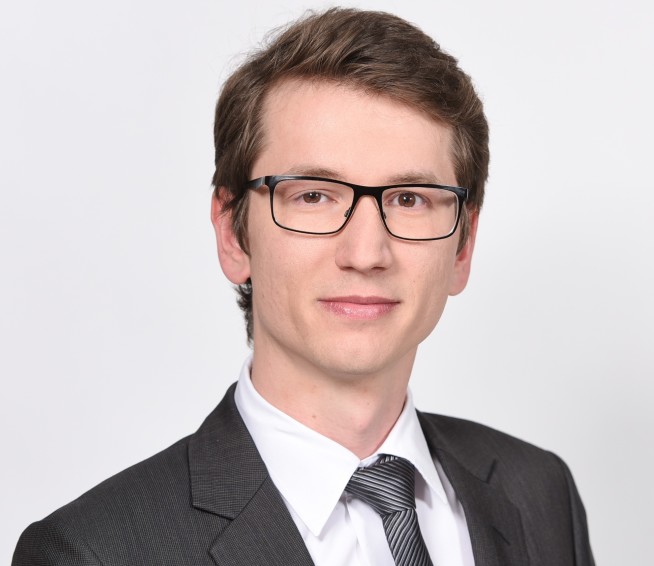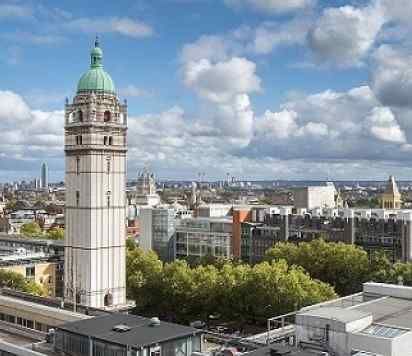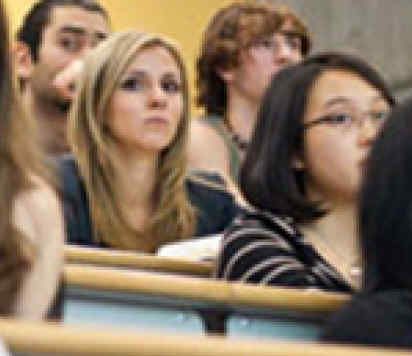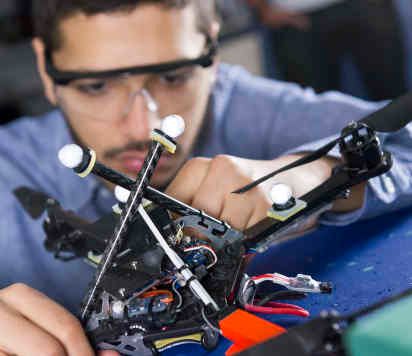Fabian’s research focuses on Bio-hybrid aerial robots
Background
“I studied mechanical engineering (BSc and MSc) at ETH Zurich and was a visiting student researcher at the California Institute of Technology in the aerospace department. During my MSc, I was a System Engineer at the Academic Space Initiative Switzerland where I was working on the design and manufacturing of an experimental sounding rocket.”

Research
“In my current research, I am working on a new class of aerial robots: so-called eco-robots. These robots are made of biodegradable materials (such as cellulose) and are designed to collect environmental data (environmental monitoring). Using only sustainable and biodegradable materials for building those new robots, they follow the circular economy design paradigm. In detail, the robotic systems are fabricated and deployed in their individual environment (e.g. in the rainforest). At the end of their service life, the system starts to biodegrade and decompose. The stored nutrients of the robot’s components are fed back into the soil and act as a nutritional source for other plants. Therefore, the environmental impact of eco-robots is minimized.”
“I was motivated by the opportunity to conduct interdisciplinary research in a newly established joint research facility in Switzerland, while also having access to the broad knowledge base at Imperial College London. The Centre for Robotics has been established with the aim to transfer the wide knowledge at the Swiss Federal Laboratories for Materials Sciences and Technology to the development of novel robotic systems. Being the first PhD student of the Centre for Robotics offers opportunities to get actively involved in the management and development of an academic research facility.”
PhD life and its challenges
“I particularly enjoy working in an interdisciplinary and creative team to explore novel concepts that have not yet been implemented."
“Since I work at the interface of robotics and materials science, it is challenging to create a mutual understanding between me and my fellow researchers. The academic process and approaches towards scientific contributions, in general, can vary a lot throughout the different fields. Trying to establish a common ground and indicating the exact novelty in one field helps to collaborate in a more efficient way.”
Future Plans
“My future plans are to start my professional career working in an environment that offers the freedom to define what technological challenges I and my team can explore. Especially at the intersection of materials science, robotics and aeronautics I can imagine various possible professional career paths. Besides the work topic, I hope that I will be working collaboratively in a diverse team. People with various backgrounds often tend to grasp problems in a different way and derive unconventional solutions.”
Advice
“My main piece of advice would be: be open towards new concepts. Sometimes it takes time and some research to fully understand the potential impact of the proposed ideas. Always remember that even though the perfect system might not be reachable in the given amount of time, the steps towards the solution are important and insightful as well. So don’t try to see your PhD as one giant project, but more as several connected research projects.”


